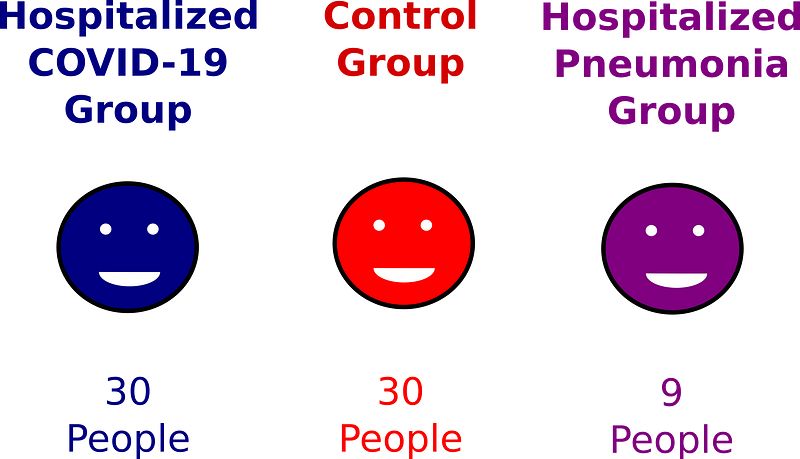Title: Insights on Gut Fungi and COVID-19: What We Know So Far
Written on
Chapter 1: Understanding the Link Between Gut Fungi and COVID-19
The prevalence of COVID-19 continues to rise globally, with the CDC estimating that 98.4 out of every 100,000 individuals will face hospitalization due to severe respiratory issues. Although older adults are at greater risk, younger populations are not entirely exempt. Countries lacking effective tracking and tracing systems struggle to evaluate hospitalization risks based solely on age and immunity.
Our intestines host trillions of microorganisms, collectively known as the microbiome. While bacteria dominate this ecosystem, fungi also play a significant role. A balanced microbiome is essential for regulating stress, digestion, and immunity, and it may even influence brain health. This suggests a potential connection between the gut microbiome and COVID-19. For more on this topic, refer to my earlier article:
The Many Wonderful Microbial Species in Your Feces!
A guide to understanding and appreciating the trillions of non-human cells in your body.
Section 1.1: Recent Research on Fungal Changes in COVID-19 Patients
A team of researchers from the Chinese University of Hong Kong recently explored alterations in the fungal makeup of gut microbiota in hospitalized COVID-19 patients. They published their results in the Gastroenterology journal on June 26, 2020. Here’s a brief overview of their findings.
Subsection 1.1.1: Study Overview
Approximately 15% of those infected with COVID-19 reported gastrointestinal symptoms during their illness. Notably, those experiencing these symptoms often had a more severe disease trajectory. The gut's microbial population is essential for digestive and immune functions, and previous studies have connected intestinal fungi to gastrointestinal issues. Thus, the researchers aimed to investigate these fungal populations in COVID-19 patients for signs of dysregulation.

Section 1.2: Methodology
The research employed an observational design to assess changes in the fungal microbiome. The study compared fecal samples from 30 COVID-19 patients, 30 healthy control subjects, and nine individuals hospitalized with pneumonia. Multiple fecal samples were collected from each participant to track the evolution of gut fungal populations over time, utilizing next-generation sequencing to identify various fungal species.

Chapter 2: Results and Implications of the Findings
The analysis revealed that the fungal microbiome of COVID-19 patients differed significantly from that of the control group, displaying considerable fluctuations over time. Certain fungal species, including Candida albicans, were notably more prevalent among COVID-19 patients. Three fungal species consistently appeared in the microbiomes of both the COVID-19 and pneumonia groups, indicating that these fungi thrive in weakened hosts.
Video Title: Yahki Awakened Talks Dementia, Cancer, Gut Cleanse, Natural Healing and More | SWAY'S UNIVERSE - YouTube
Description: In this enlightening discussion, Yahki explores the connections between various health issues, including dementia, cancer, and the importance of gut health.
Section 2.1: Future Directions for Research
The distinct composition of gut fungi in hospitalized COVID-19 patients raises several questions:
- Is there a similar dysregulation of gut fungi in other infectious diseases?
- Can the characteristics of one’s microbiome serve as indicators of disease severity?
- Might modifying gut fungi enhance patient outcomes?
- Are dietary habits or gender contributing factors to these differences?
I'm eager to see how future research will expand on these findings!